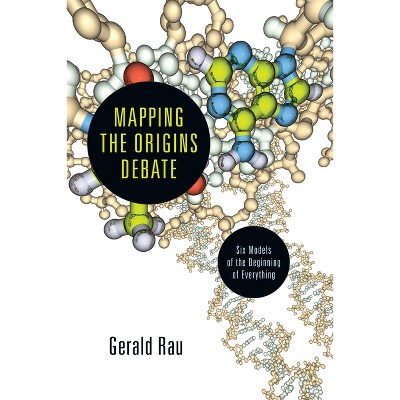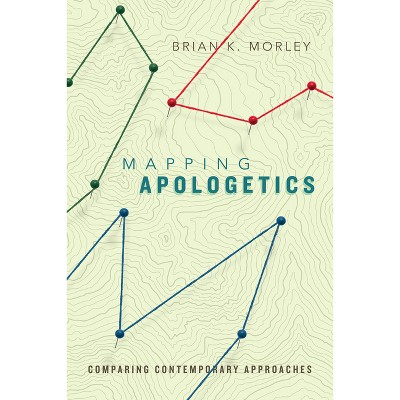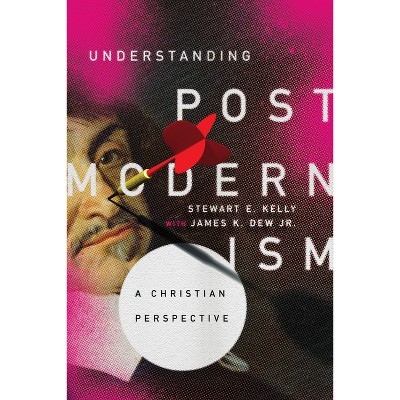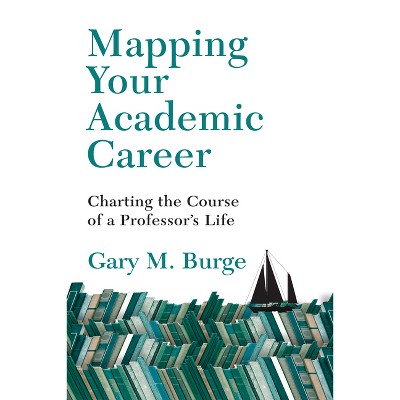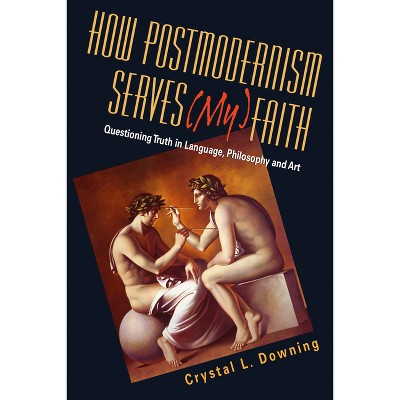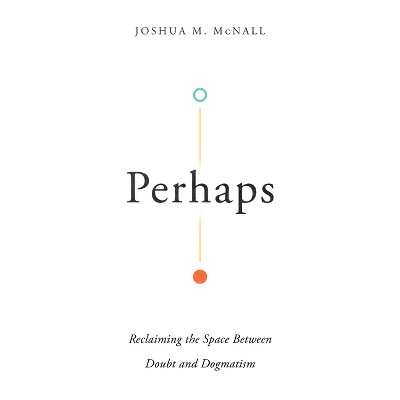About this item
Highlights
- By now we've all heard the word postmodernism.But what is it?Can it be defined?Does it really represent a monumental shift away from how we use to think about right and wrong, truth, the world, and even the whole cosmos?
- About the Author: Greer (Ph.D. in systematic theology, Marquette University) has served as a church pastor and as a missionary with UFM-International among the Aztec Indians in central Mexico.
- 294 Pages
- Religion + Beliefs, Christian Theology
Description
About the Book
Helping you navigate the complex debate among Christians over postmodernism, Robert C. Greer maps four different paths marked out by Francis Schaeffer, Karl Barth, John Hick and George Lindbeck. Ultimately, he points to the true Subject who makes knowledge possible through the language of revelation and relationship with God.
Book Synopsis
By now we've all heard the word postmodernism.
- But what is it?
- Can it be defined?
- Does it really represent a monumental shift away from how we use to think about right and wrong, truth, the world, and even the whole cosmos?
- Most important, how should Christians respond?
Robert C. Greer helps us grasp the nature of the shifts in thinking and believing that are taking place in our world. More important, he helps us navigate the complex debate among Christians as to how best to respond to these new challenges. Astutely he maps four different ways Christian thinkers have recommended we respond. These alternatives are represented by four theologians: Francis Schaeffer, Karl Barth, John Hick and George Lindbeck. Greer warns that being merely for or against postmodernism is inadequate. He guides us across the terrain of alternatives along a path that leads neither back to the land of modernism nor to the wild frontiers of postmodernist relativism. Acknowledging the relative strengths and weaknesses of these options, Greer turns us to a thoroughly Christian theology that points beyond them to the true Subject who makes knowledge possible through the language of revelation and relationship with God.This book is an illuminating map for all those who feel lost in the maze of conflicting analyses of postmodernism and are looking for a faithful way forward .
Review Quotes
"Even at the beginning of the twenty-first century, many evangelicals remain unclear what postmodernism means and how it affects current theological dialogue. Greer adeptly navigates the terrain by defining terms, considering the effects of 'modern' concepts on theology, critically examining various types of theological 'realism' and ultimately pointingus to what he calls 'post-postmodernism.'
--Bruce Ellis Benson, Associate Professor of Philosophy at Wheaton College, and author of Graven Ideologies: Nietzsche, Derrida and Marion on Modern Idolatry (IVP)About the Author
Greer (Ph.D. in systematic theology, Marquette University) has served as a church pastor and as a missionary with UFM-International among the Aztec Indians in central Mexico.






